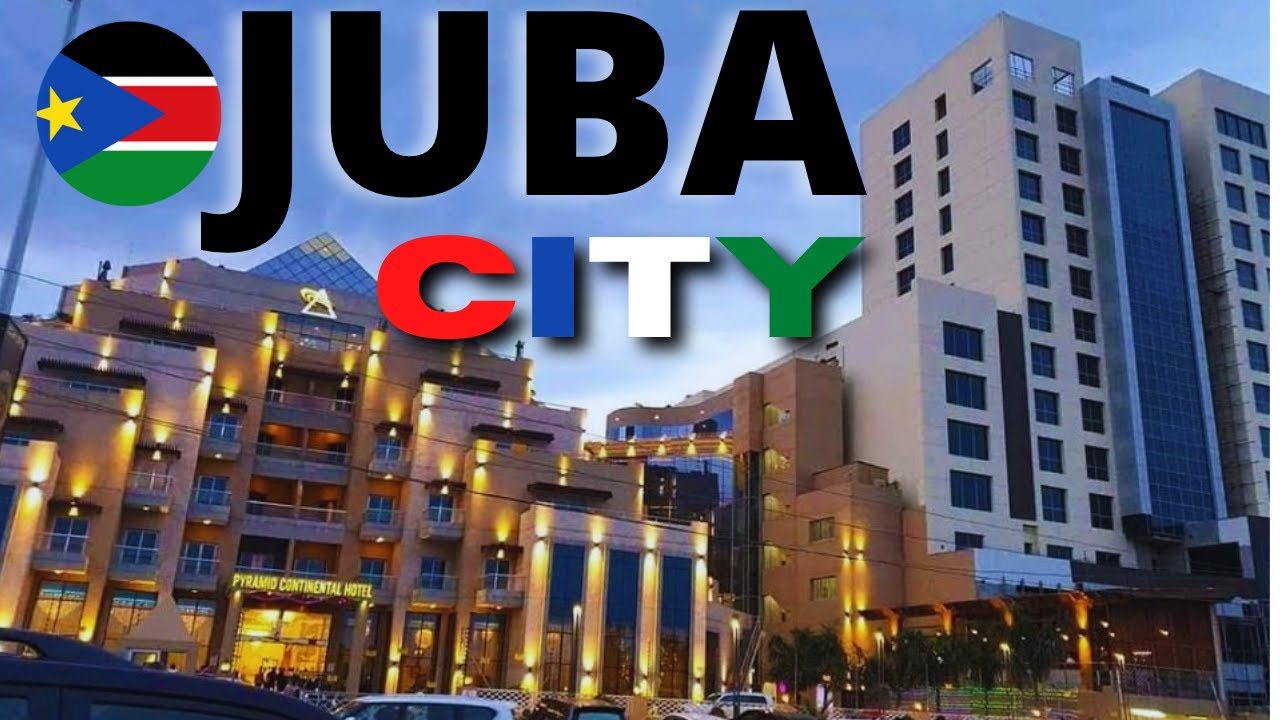Juba, the capital of South Sudan, stands as a beacon of resilience amid the challenges it faces. As one of the newest cities in the world, having become the capital when South Sudan gained independence from Sudan in 2011, Juba is not just a political center; it represents the aspirations and struggles of its people. This article explores the significance of Juba in terms of culture, economics, and its role in promoting peace and unity in the region.
Historical Context
To understand the importance of Juba, it is essential to recognize its historical context. Before becoming the capital, Juba was a small town that played a significant role during the Second Sudanese Civil War. Its strategic location along the Nile River made it a crucial transit point for humanitarian aid and a refuge for many displaced people. After the signing of the Comprehensive Peace Agreement in 2005, which paved the way for South Sudan’s independence, Juba emerged as a symbol of hope for a new beginning.
Cultural Diversity
It is home to various ethnic groups, including the Dinka, Nuer, and Bari, each contributing to the rich tapestry of South Sudanese culture. This diversity is reflected in Juba’s vibrant markets, where traditional crafts, textiles, and food from different regions can be found. Festivals celebrating local customs and heritage foster a sense of unity among the city’s inhabitants, showcasing the resilience of its people in maintaining their cultural identities amidst adversity.
Moreover, Juba has become a hub for artistic expression, with musicians, dancers, and writers using their talents to address social issues and promote peace. Cultural initiatives in Juba often aim to heal the wounds of conflict, encouraging dialogue and understanding among different communities.
Economic Significance
Juba’s economic landscape is evolving, marked by both challenges and opportunities. As the capital, it serves as the political and administrative center, attracting investments and development projects. The city is strategically positioned along major trade routes, making it vital for commerce and trade within South Sudan and with neighboring countries.
However, the economy faces hurdles, including reliance on oil revenues, which account for a significant portion of the national budget. The recent fluctuations in oil prices and ongoing conflict have underscored the need for economic diversification. Efforts to promote agriculture, tourism, and small businesses are crucial for building a more resilient economy. Juba’s potential as a trade hub could contribute to regional stability and growth, provided that sustainable practices are adopted.
Peacebuilding Efforts
Juba’s role in peacebuilding is pivotal for South Sudan. The city has hosted numerous peace talks and conferences aimed at resolving conflicts and fostering national dialogue. The revitalization of the peace agreement in 2018 was a significant step toward stabilizing the nation, with Juba at the heart of these efforts.
Various organizations, both local and international, work tirelessly to promote peace initiatives, addressing issues such as reconciliation, community engagement, and youth empowerment. Juba’s youth represent a significant portion of the population and are vital to the future of the nation. Programs focused on education, vocational training, and leadership development aim to equip young people with the skills needed to contribute positively to society.
Challenges and Opportunities
Despite its potential, Juba faces numerous challenges, including infrastructural deficits, insecurity, and limited access to basic services. The ongoing humanitarian crisis, exacerbated by conflict and economic instability, has left many residents struggling to meet their daily needs.
Nevertheless, the people of Juba demonstrate remarkable resilience. Community-driven initiatives often rise in response to these challenges, with residents coming together to support one another. Grassroots movements advocating for women’s rights, education, and healthcare are gaining momentum, reflecting the determination of Juba’s citizens to create a better future.
Conclusion
Juba, with its rich history, cultural diversity, and strategic significance, embodies the hopes and aspirations of South Sudan. As the city continues to navigate its complexities, the resilience of its people shines through. By embracing its cultural heritage, promoting economic development, and prioritizing peacebuilding efforts, Juba can emerge as a symbol of hope not only for South Sudan but for the entire region. The journey may be fraught with challenges, but the spirit of Juba is unwavering, reminding us of the strength that lies in unity and perseverance.
